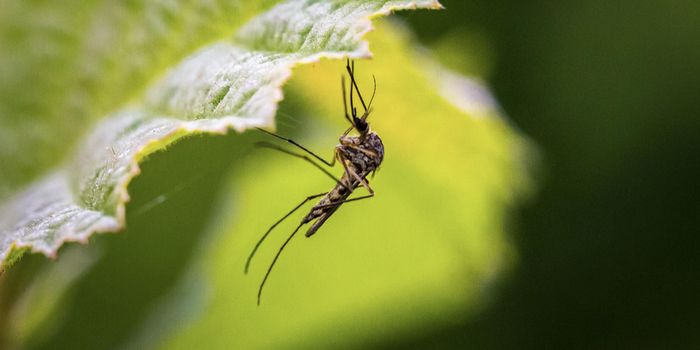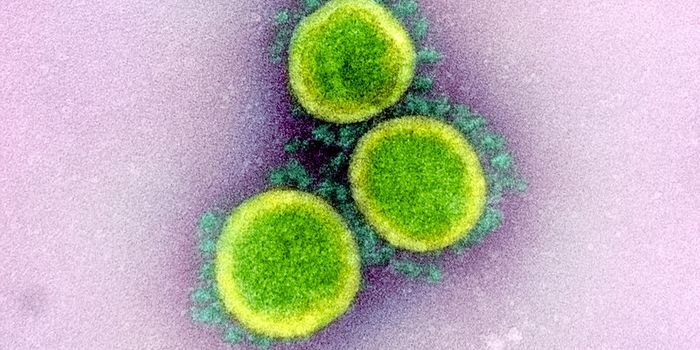Zika Virus Infections in Early Life Can Cause Brain Damage
The Zika virus, which is transmitted by Aedes mosquitoes, poses significant risks to the developing fetus (shown in the video). Zika virus infections don't usually cause symptoms. However, if a pregnant woman is infected with the virus her fetus is at risk for severe birth defects including microcephaly. Scientists have now learned that infants that are infected with Zika virus soon after birth are at risk for long term behavioral problems and brain impairment, including dysfunction and structural abnormalities. The findings have been reported in Nature Communications.
"Researchers have shown the devastating damage Zika virus causes to a fetus, but we had questions about what happens to the developing brain of a young child who gets infected by Zika," explained the lead study researcher Ann Chahroudi, M.D., Ph.D., a scientist and Professor with appointments at the Center for Childhood Infections and Vaccines (CCIV), Children's Healthcare of Atlanta (CHOA), and Emory University. "Our pilot study in nonhuman primates provides clues that Zika virus infection during the early postnatal period can have long-lasting impact on how the brain develops and works, and how this scenario has the potential to impact child behavior."
This work was conducted in a rhesus monkey model. It tracked four rhesus infants during a Zika infection that occurred from one month to one year of age, which is the human equivalent of four to five years old.
The postnatal Zika virus infections caused problems with memory function and significant behavioral changes. Social interactions decreased and emotional reactions increased. There were also some movement problems. MRIs revealed structural and functional changes in the brain that are indicative of neurological problems.
"Our findings demonstrate neurodevelopmental changes detected at three and six months of age are persistent," said the first author of the study, Jessica Raper, Ph.D., a research assistant professor at Yerkes National Primate Research Center. "This is significant because it gives healthcare providers a better understanding of possible complications of Zika beyond infection during pregnancy and into the first years of life."
There are probably enough similarities between the development of human and nonhuman primate brains to make this research relevant to people. The infant brain has a tremendous capacity for healing, but the persistent problems caused by Zika in the primates suggest that it's dangerous for infants to be exposed to the virus.
"Our results shed light on potential outcomes of human infants infected with Zika virus after birth and provide a platform to test treatments to alleviate long-term neurologic consequences of Zika infection," said Chahroudi. "Our research team encourages future studies to understand the impact of early postnatal Zika infection during later stages of life, from adolescence to adulthood."
Zika is not currently causing any outbreaks, but it has not been eliminated. There are still no treatments for the virus, though several vaccines are in clinical trials.
Sources: AAAS/Eurekalert! via Emory Health Sciences, Nature Communications








